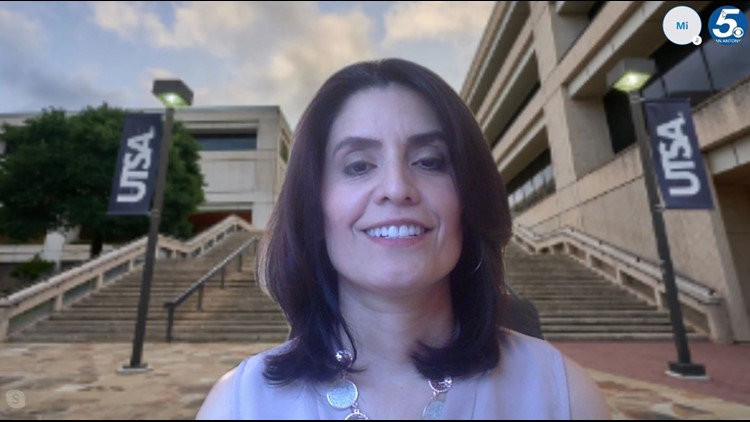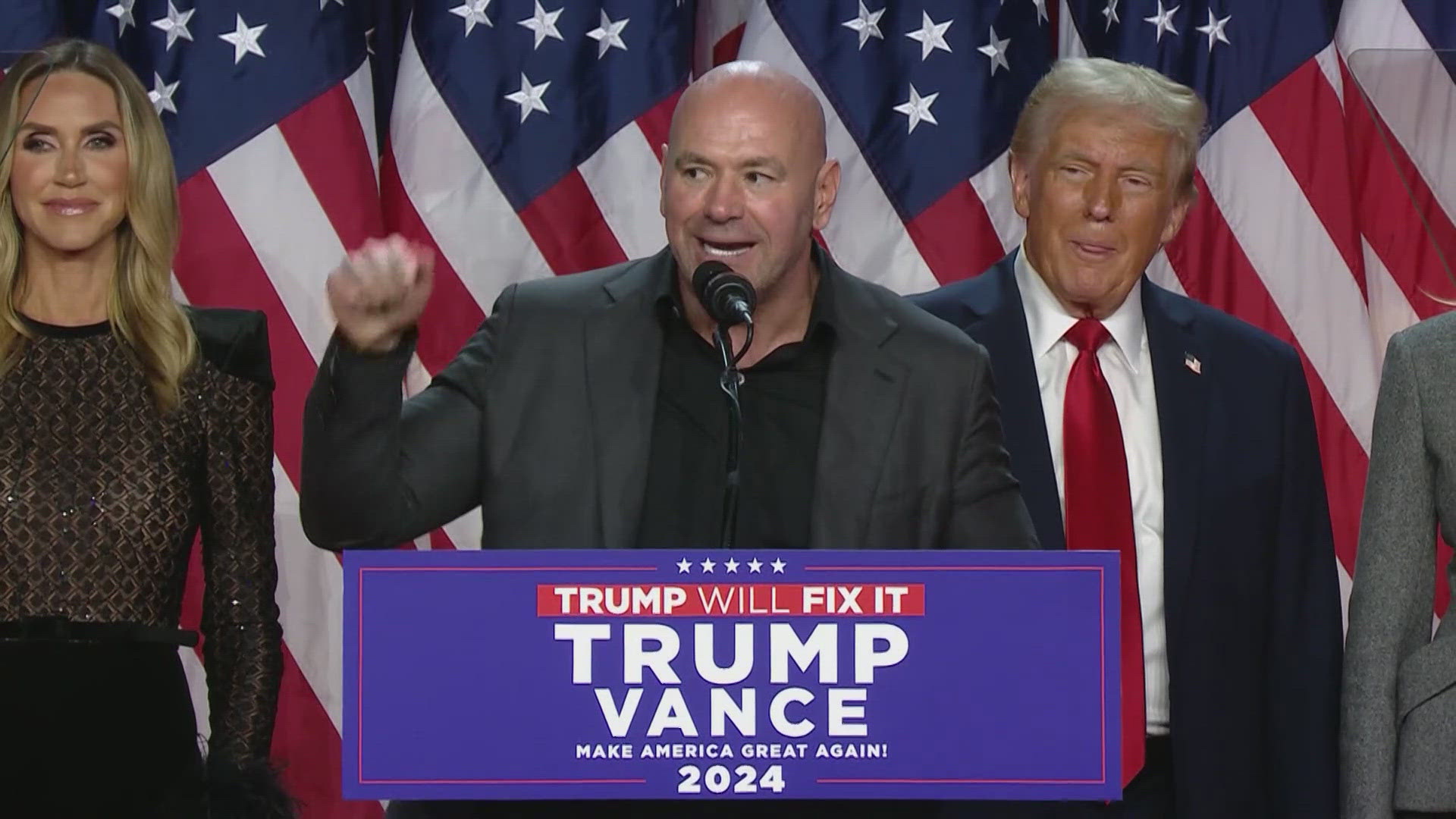SAN ANTONIO — Texas's Latino population has ballooned in recent years, diversifying the border state to a sharper degree than ever before while also creating new factors to consider when election season comes around.
Those new factors on both sides of the ballot have become a research focus for Sharon Navarro, a political science expert specializing in Latinx politics and UTSA professor who will be helping KENS 5 navigate the developments on election night. She says its that evolving political and demographic landscape that drew her back to Texas after finishing graduate school at the University of Wisconsin at Madison.
"There seems to be a sort of gap in studying Latino-elected officials and I've made that my research (focus)—exploring how Latino candidates can become elected in the larger electorate," said Navarro, who is one of just a handful of female Latina professors with tenure in political science departments across the country.
The Latino vote in Texas is one that pundits and pollsters and the general public is keeping a close eye on as Election Day looms. Spanish-speaking communities are being targeted for ads by political campaigns looking to grab their support, and the Hispanic population has been cited as the push that could turn the Lone Star State blue in November.
Navarro, meanwhile, says Texas remains a "very red state, in every sense of the word," adding that who the state's Latino voters support for president could depend on their gender.
"More men in the Latino community in Texas support Donald Trump because of his bravado, his strength that he projects," she said. "When you're talking about the females in the Hispanic population, they're looking for someone who has more humanity and they see that in Joe Biden."
That factor gains relevance when you consider that Texas voters have been the country's most enthusiastic during the early voting period.
Navarro said the ongoing coronavirus pandemic, which has killed more than 17,000 in Texas, and economic uncertainty are also expected to influence how the elections pans out. It also makes pollsters' jobs tougher, and the task of guessing what may happen on Nov. 3 and in the following days more unpredictable.
And whatever the result ends up being, and how Texas ends up voting, may also foreshadow where the country is heading politically as it continues to diversity.
"The demographics are changing," Navarro said. "So the politics should be changing in the next couple of years."
Sharon Navarro, along with Trinity University professor David Crockett, will be part of the KENS 5 Election Special, airing Thursday night at 7 p.m. Navarro will also join KENS 5 on election night for political analysis.



